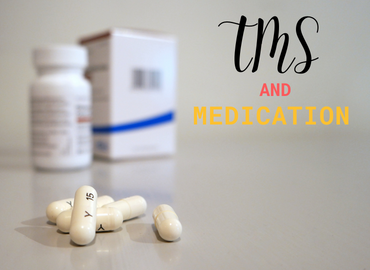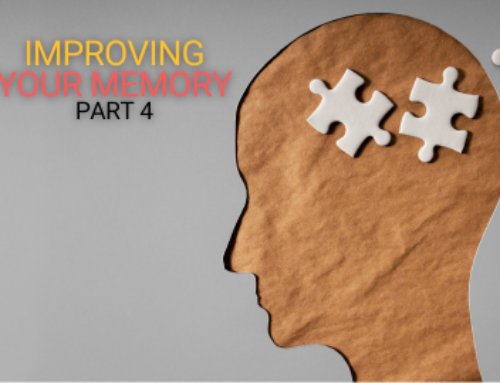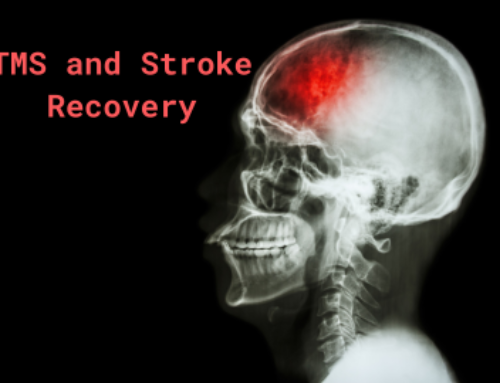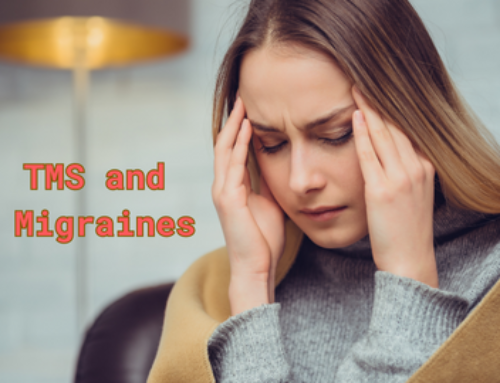TMS and Medication
Helping Together
Today, we want to talk about TMS (transcranial magnetic stimulation) and how it interacts with antidepressant medications.
One big difference between how TMS affects patients and how antidepressants affects patients is that antidepressant medications manipulate the chemicals of the brain. TMS influences the electrical pathways in the brain, or the traffic between neurons.
For some patients, the two methods of treatment can complement each other well, and combining methods of treatment is common. Any mental health treatment regimen may be combined with talk therapy, behavioral therapy, social support, and personal study. All should be received at intervals regulated by medical professionals.
Mental Health Medications
There are dozens of medications to treat all kinds of mental health disorders, and we are very glad that such diversity has developed. At the moment, TMS is only approved for diagnosed MDD (major medical depression), but studies are under way right now to see how effective TMS is on other issues like bipolar disorder, and we have high hopes.
Types of mental health medication include:
- These are serotonin and norepinephrine reuptake inhibitors.
- These are selective serotonin reuptake inhibitors.
- These are monoamine oxidase inhibitors.
- These are trycyclic antidepressants.
Other medications exist that can’t yet be classified. The term “reuptake” occurs often here. Reuptake refers to how a cell reabsorbs the chemical compound it sent out before. A reuptake inhibitor prevents that, keeping the amount of the substance loose in the body higher.
TMS’s Role in Treating Mental Illness
TMS is most often used against treatment resistant depression. If a patient is receiving TMS, it’s likely that they are taking or have taken mental health medications for some time already, and likely different types. Most insurance companies will pay for TMS only if other methods are no longer proving effective enough to improve the patient’s quality of life, never helped at all, or produced side effects too harmful to continue.
Many patients are able to reach a better quality of life through medication and other treatments, but for those with MDD who have been through most of their options, TMS could be a source of relief. There is no downtime, little or no discomfort, no loss of clarity, and no known negative effects on metabolism, sleep, and sexual function.
If you have diagnosed MDD and are not getting relief from treatments like medication, talk with your general physician first. Be candid with everyone—your doctor, therapist, and psychiatrist—and tell them that you need another option. Never ever stop taking a mental health medication or change your dosage without direction from a medical professional.
Contact us any time for more information here or call (585) 442-6960.





